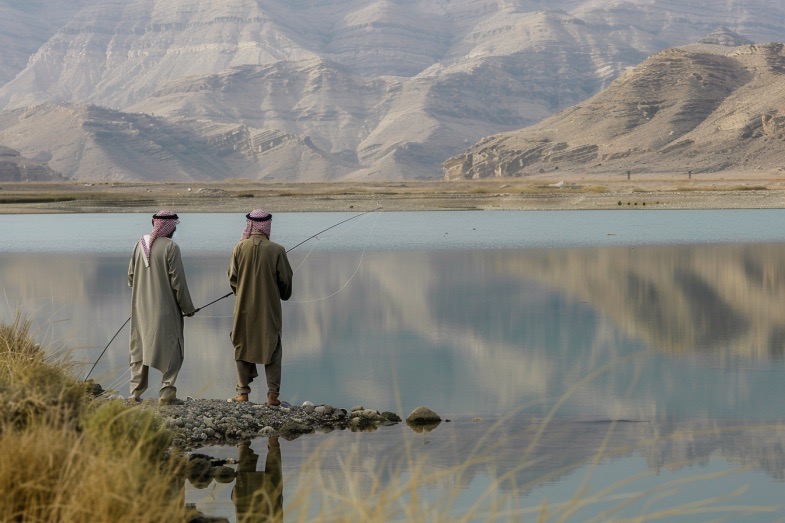North Macedonia Elects First Female President Amid Ruling Party’s Setback
In a historic turn of events, North Macedonia celebrated the election of its first female president while the ruling center-left party faced an unexpected defeat in both presidential and parliamentary races.
Victory for Gordana Siljanovska-Davkova
Gordana Siljanovska-Davkova, a 70-year-old law professor supported by nationalist conservatives, clinched the presidential runoff with almost 65% of the vote. Reflecting on her win, she highlighted the significance of this milestone for women and vowed to champion reform alongside them.
Defeat for Stevo Pendarovski
On the other hand, Stevo Pendarovski conceded defeat after securing just over 29% of the vote. Siljanovska-Davkova garnered support from the right-wing VMRO-DPMNE party, tapping into public discontent with the slow EU integration process and economic stagnation.
Parliamentary Upset
In the parliamentary race, VMRO-DPMNE and its coalition took the lead with nearly 43% of the vote, leaving the long-standing SDSM-led coalition struggling to maintain second place. The conservative landslide victory paves the way for negotiations over parliamentary control.
Stormy Celebrations in Skopje
Celebrations in the capital, Skopje, were interrupted by a thunderstorm, causing power outages. Despite the weather, the conservative win set the stage for a new era of governance as SDSM leader Dimitar Kovachevski announced his resignation, ushering in a new leadership.
Focus on Reform and Accountability
The election campaign centered on North Macedonia’s EU accession progress, rule of law, corruption, poverty alleviation, and economic growth. VMRO-DPMNE leader Hristijan Mickoski underscored the fight against corruption as a top priority for the incoming government, acknowledging the electorate’s demand for accountability and reform.
Challenges on the Path to EU Membership
Despite being a frontrunner in the Western Balkan region for EU accession, North Macedonia has faced obstacles since 2005, mainly due to opposition from neighboring countries. Greek veto over the country’s name and Bulgarian objections over historical and linguistic claims have stalled Skopje’s EU negotiations for years.
Euronews



